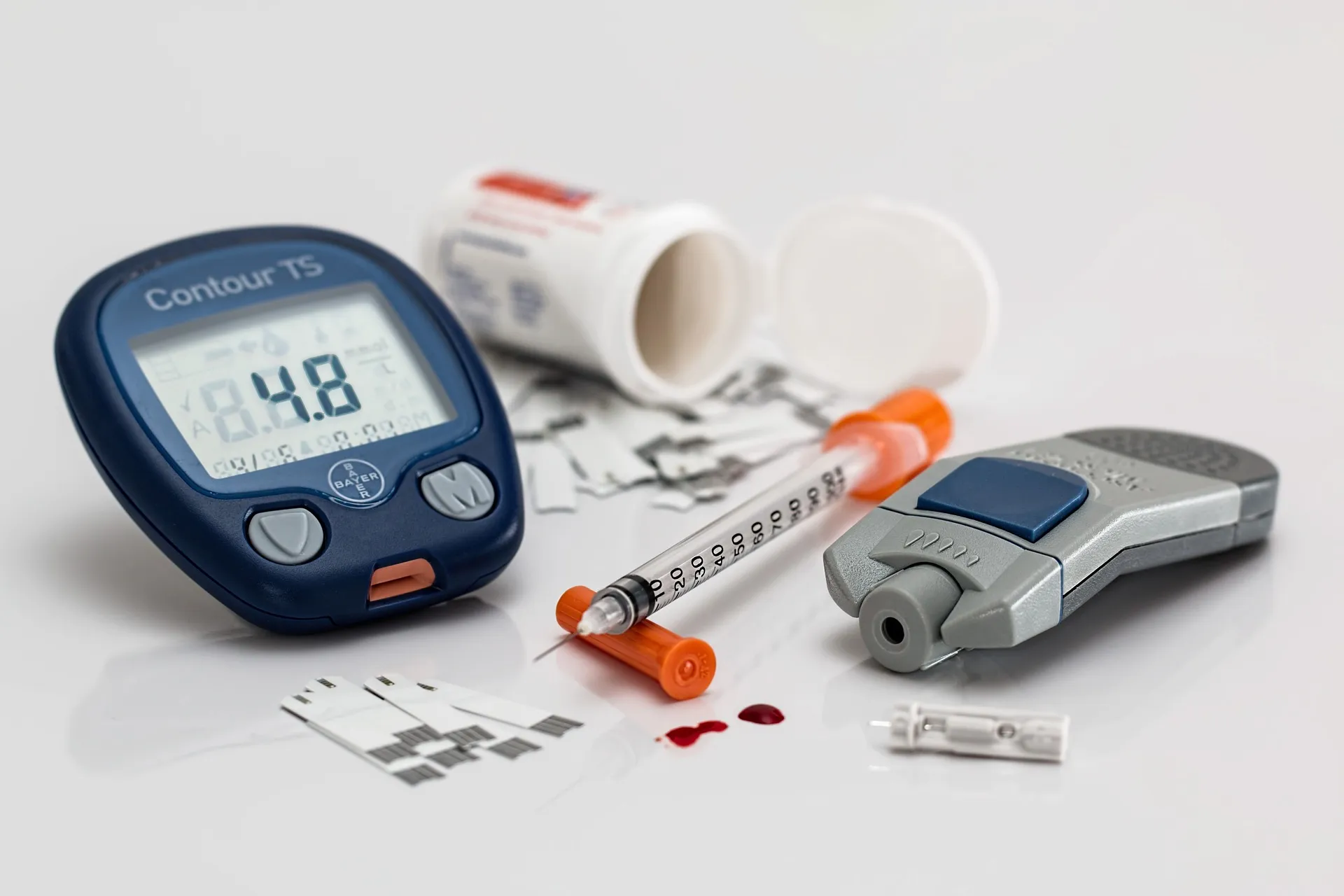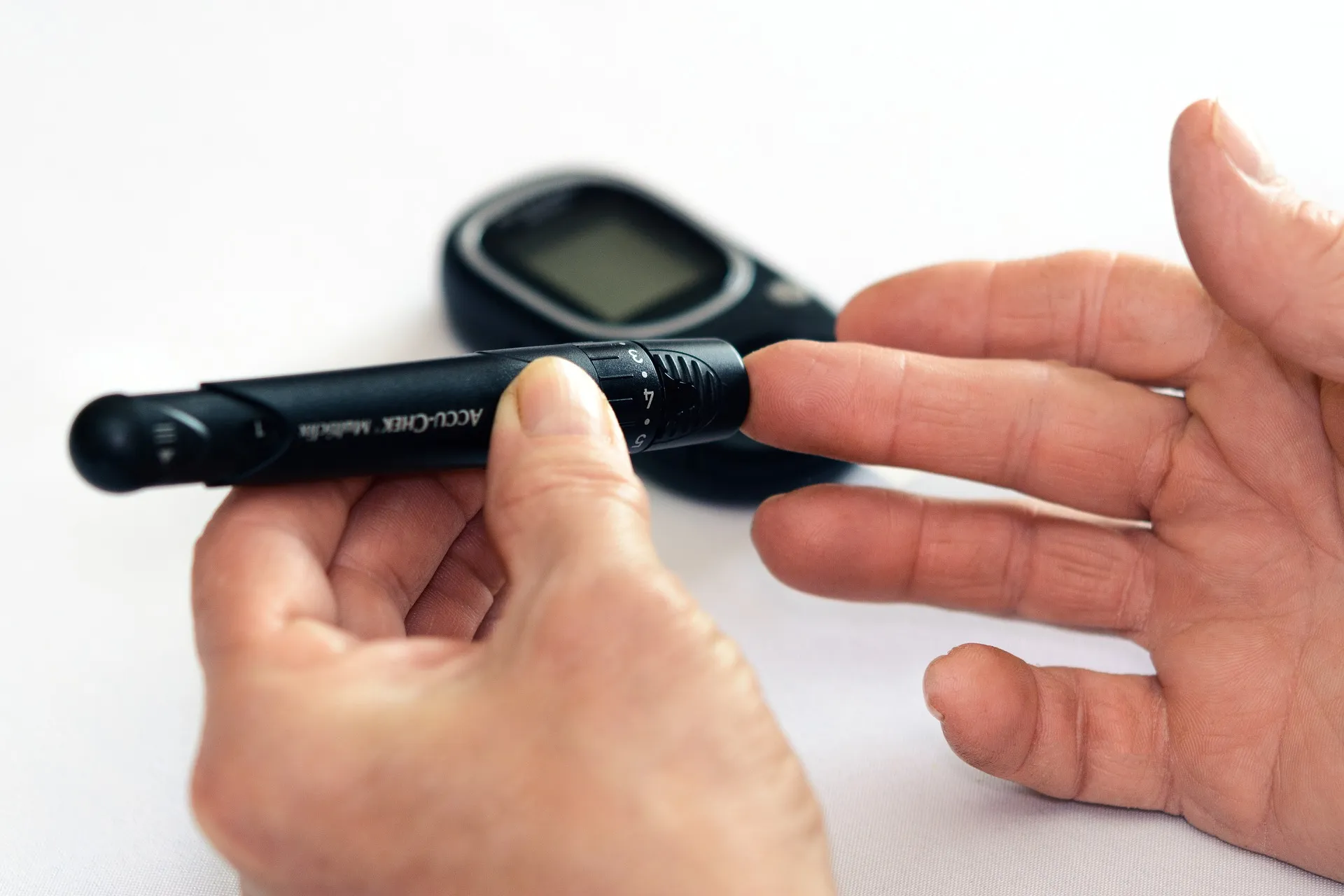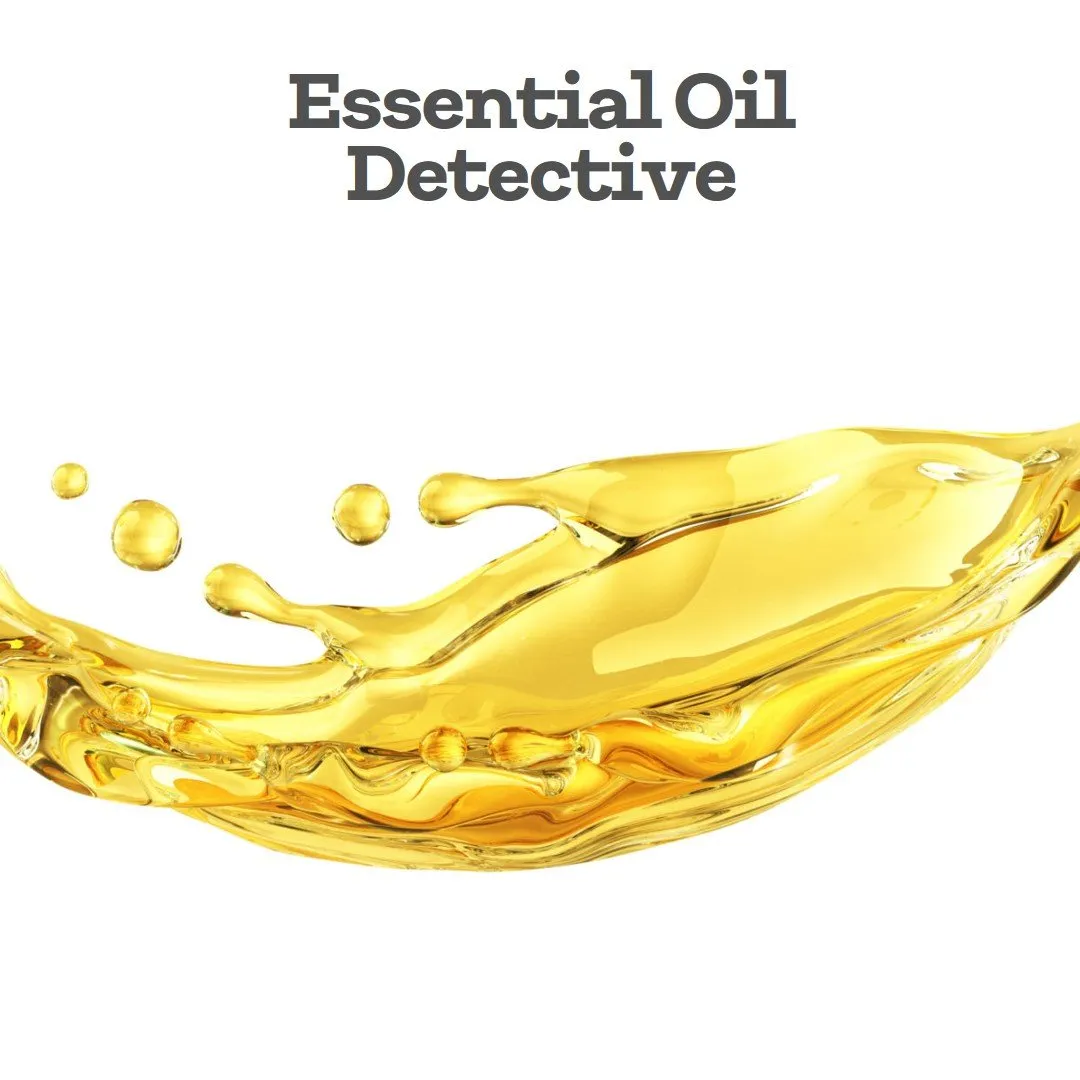The Research: Why Use Essential Oils for Diabetes Management?
When it comes to managing diabetes, exploring natural remedies and complementary therapies can be a valuable addition to your treatment plan. One such avenue worth considering is the use of essential oils.
Essential oils have been used for thousands of years for their potential health benefits, and recent research has shed light on their positive impact on diabetes management.
Essential oils offer a multifaceted approach to diabetes management, addressing various aspects of the condition. They can help improve insulin sensitivity, ease diabetes-related symptoms, and potentially even alleviate the severity of diabetes.
Additionally, some essential oils have shown promise in supporting weight loss, which can lead to more stable blood sugar levels.
Why essential oils can be beneficial for those managing diabetes

Several essential oils have showing promising results in scientific research and studies around the world.
Here are some of the top findings:
Cinnamon Bark Essential Oil
Cinnamon bark essential oil is a powerhouse among essential oils, known for its antimicrobial properties and its potential to lower blood sugar levels. This essential oil, derived through steam distillation from cinnamon bark, contains predominantly eugenol (69%-87%) and a smaller quantity of cinnamaldehyde (~1%).
Research studies have demonstrated the effectiveness of cinnamon bark essential oil in several crucial areas for diabetes management. It has been found to:
- Lower glucose levels
- Reduce LDL and total cholesterol
- Decrease triglycerides
- Increase insulin sensitivity in individuals with Type 2 Diabetes (T2D)
To harness the benefits of cinnamon bark essential oil, you can add 1 or 2 drops to your daily recipes, incorporating its distinctive flavor into your diet.
Coriander Essential Oil
Coriander seed oil is another essential oil that stands out as a potent ally in the fight against high blood sugar. It offers a dual benefit for diabetics:
- Demonstrates insulin-like activity at the cellular level
- Facilitates insulin release from the pancreas
Studies have revealed that coriander essential oil can:
- Reduce triglycerides
- Lower LDL and total cholesterol
- Increase HDL cholesterol
One study conducted on rats in 2008 found that coriander seed oil improved lipid profiles and suppressed hyperglycemia. Although more research is needed to confirm these effects in humans, the results are promising for individuals with Type 2 diabetes.
Clove Essential Oil
Clove essential oil emerges as a potent remedy for maintaining balanced insulin levels and combatting the harmful effects of free radicals. While it may help diabetics reduce both cholesterol and glucose levels, it also offers broader health benefits.
Clove essential oil can:
- Combat inflammation, which is an underlying cause of diabetes
- Address conditions such as cataracts, ulcers, and cardiovascular diseases
- Assist in wound healing
If you choose to consume clove essential oil orally as a supplement, it's essential to dilute it with a carrier oil. Alternatively, you can use it in a diffuser to enjoy its aromatic benefits.
Consuming 1-2 whole cloves per day can also provide you with the advantages of cloves.
Davana Essential Oil
Davana essential oil is extracted from the Artemisia pallens plant and has a rich history in Indian traditional medicine for the treatment of diabetes mellitus.
Studies have observed that the oral administration of this extract can lead to reduced blood glucose levels in glucose-fed hyperglycemic and alloxan-treated rats.
Additionally, davana essential oil has been found to be effective in addressing joint and muscle pain, skin rashes, and wounds. It also has stress-relieving properties, which can be particularly beneficial for individuals managing diabetes.
Lemon Balm Essential Oil
Lemon balm, also known as Melissa essential oil, has shown promise as an essential oil for lowering blood sugar levels.
Research suggests that when administered at low concentrations, it acts as an efficient hypoglycemic agent, potentially due to its ability to enhance glucose uptake and metabolism.
To benefit from lemon balm essential oil, consider using one drop a day, either included in blends or diluted with a carrier oil. Its potential for regulating glucose levels makes it a valuable addition to your diabetes management routine.
Lavender Oil
Lavender oil is a versatile essential oil known for its widespread use across the world. It boasts anti-inflammatory, antibacterial, antiviral, and antifungal properties, making it particularly beneficial for individuals with diabetes.
Here's how lavender oil can benefit those managing diabetes:
- Provides relief from and prevention of diabetic ulcers
- Protects against diabetes and oxidative stress induced by alloxan treatment
- Reduces stress and promotes relaxation
- Supports wound healing
You can apply lavender oil topically or use it as a supplement to reap its advantages. However, always consult with a healthcare provider before using essential oils internally.
Nigella Seed Oil
Nigella sativa, commonly known as Black Cumin, has a long history of use in traditional medicine for treating various conditions, including diabetes, multiple sclerosis, Alzheimer's disease, and migraines.
Studies have found that consuming just two grams of Nigella black seed daily could result in reduced fasting blood sugar levels.
Nigella seed oil is particularly potent, containing compounds that:
- Reduce fasting blood sugar levels
- Decrease insulin resistance
- Enhance beta-cell function in the pancreas
Given its potency, use Nigella seed oil sparingly to harness its benefits effectively.
How to Use Essential Oils
Using essential oils requires caution and proper guidance to ensure safe consumption or application. Essential oils are potent, and most need to be diluted with a carrier oil to prevent adverse reactions.
Here's how to use essential oils effectively:
- Dilution: Always dilute pure essential oils with a carrier oil, such as sweet almond oil or virgin coconut oil, before applying them to the skin. A safe dilution ratio is typically 2-3% pure essential oil mixed with the carrier oil.
- Consultation: Seek guidance from an expert practitioner who can provide you with personalized advice on the usage of essential oils in conjunction with prescribed diabetic medication and dietary recommendations.
Essential oils should complement your existing diabetes treatment plan and not replace it. Regular monitoring of your blood sugar levels is essential when incorporating essential oils into your routine to gauge their effectiveness.
10 Best Essential Oils for Diabetes

As you explore the world of essential oils for diabetes management, you'll encounter various options that offer potential benefits.
Here are ten of the best essential oils that may assist you in managing your diabetes:
- Coriander Seed Essential Oil: Coriander essential oil has shown promise in supporting healthy blood sugar levels and improving insulin secretion in animal studies.
- Cinnamon Essential Oil: Cinnamon oil is well-known for its potential to improve plasma glucose, promote insulin secretion, and enhance cholesterol and triglyceride levels.
- Lavender Essential Oil: Lavender oil is a popular choice for aromatherapy and has been linked to lower blood pressure levels, making it valuable for those with diabetes.
- Lemon Balm Oil: Lemon balm contains antioxidant flavonols that can help reduce inflammation and improve various markers of diabetes, including fasting blood glucose and cholesterol levels.
- Clove Bud Essential Oil: Clove bud oil offers antioxidant properties that combat oxidative stress, a contributor to diabetes. It may help prevent oxidative stress-induced diabetes.
- Eucalyptus Essential Oil: Eucalyptus oil has been used traditionally to manage diabetes and has demonstrated potential in improving insulin secretion and reducing blood sugar levels.
- Nigella Sativa Oil: Also known as black seed oil, Nigella sativa oil has been shown to lower high blood sugar, increase insulin levels, and act as an antioxidant.
- Black Pepper Essential Oil: Piperine, the active compound in black pepper, has the potential to lower blood sugar levels and improve insulin resistance.
- Peppermint Essential Oil: Peppermint oil has been associated with increased serum insulin levels and reduced blood glucose levels in animal studies.
- Frankincense Essential Oil: Frankincense oil is known for its wound-healing properties, making it beneficial for individuals with diabetes who may experience delayed wound healing.
While many of these essential oils have shown promise in animal studies, it's essential to remember that human research is limited. Essential oils should complement your diabetes medication and lifestyle changes, not replace them.
Before incorporating essential oils into your diabetes management routine, consult with a healthcare provider or aromatherapist who can provide personalized guidance. Regularly monitor your blood sugar levels to gauge the effectiveness of essential oils in your specific situation.
Remember that essential oils should enhance your overall well-being and diabetes management, and their use should align with your existing treatment plan.
